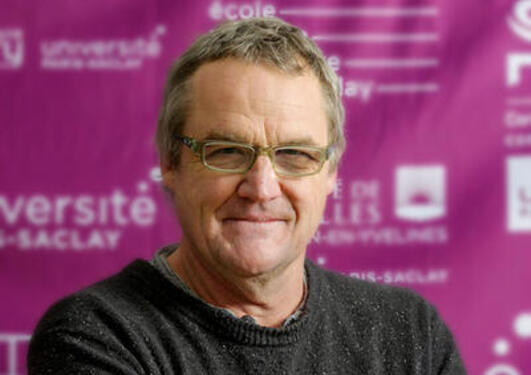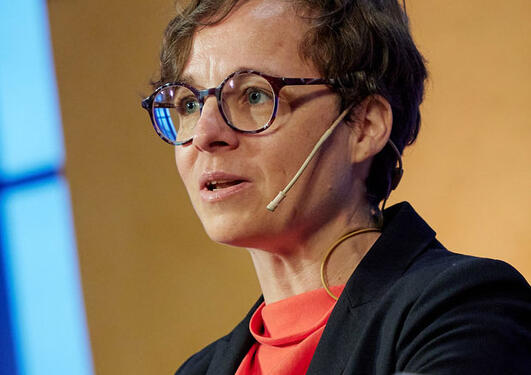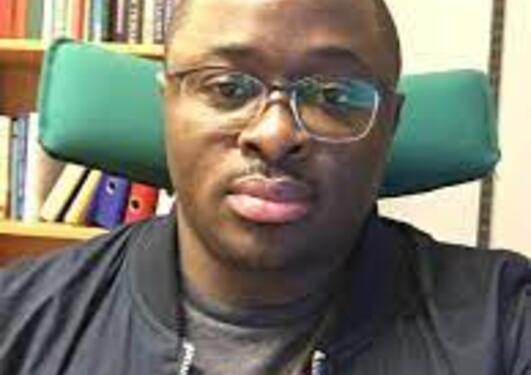Environmental Humanities
The research group brings together an interdisciplinary group of research faculty and PhD students with an interest in environmental issues.

Main content
Our research encompasses a vast range of human interactions with the physical world, from ancient migration to contemporary climate resilience.
The Environmental Humanities research group is an interdisciplinary collaboration between scholars in the fields of history, archaeology, cultural studies, linguistics, literature, media studies, political science, social anthropology, science and technology studies, and beyond. Its composition reflects the interdisciplinary nature of the field of environmental humanities, which bridges the divide between the natural sciences and the humanities, as well as that between the academy and society, by applying humanistic methods and modes of thought to environmental subjects.
Our research encompasses a vast range of human interactions with the physical world, from ancient migration to contemporary climate resilience. Please see individual members’ profiles and biographies for further details on our research interests, affiliations, and areas of expertise.
Course package in Environmental Humanities
The Environmental Humanities group is currently developing a package of courses, united by a common theme, to help guide students interested in pursuing further studies in the field. This package will include core training in Environmental Humanities as well as topical courses on Blue Humanities, environmental ethics, climate history, and more. To register your course as part of the package, or to submit a suggestion for a new course, please complete this form. Further information for students will be provided once the package is finalized
Programme 2024/2025
| November 28 14:15-16:00 | Grant Application Workshop, Marit Ruge Bjærke: crisis as environing technology Paper will be circulated in advance. |
| December 5-6. | Writing retreat, Winter 2024 Thursday, Dec. 5 8:08 AM Depart Bergen via train 9:17 AM arrive Voss; coffee and snacks 9:30 Introductions and goal-setting for the day 13:00-14:30 Work Session 2 14:30-15:00 Optional coffee break 17:00-19:00 Free time (possible excursion) 19:00 apertif and shared reflection on writing progress 19:30 Dinner
Friday, Dec.6
8:00-8:30 Breakfast 8:30-10:30 Work Session 4 10:30-10:45 Optional coffee break 10:45-12:00 Work Session 5 12:00-13:00 Check out and lunch 13:00-14:00 Reflections on writing and future collaborations 14:06 Depart Voss via train 15:24 Arrive Bergen |
| December 17 9:15-12:00 | Hedda Susanne Molland, Sluttseminar (Master Class): “Catching the Present: From CO2 handling to the low emission society”. In her PhD project, Hedda Susanne Molland investigates the temporal relationships of climate change politics. Approaching this topic from the perspective of environmental humanities, in general, and cultural studies in particular, she argues that a supposed failure of the imagination in the face of climate change should not lead us to neglect the important role that imagination plays in political plans for achieving imaginaries such as a low emission society. The way such political plans are temporally signified and configurated – from experiences, to present circumstances, on to expected effective measures and onwards to hopes for successful solutions, or perhaps the other way around – is highly imaginative. In recognizing that both the low emission society and CO2 handling are temporally configured product of imagination, Molland asks in her dissertation what role imaginaries play in political plans and vice versa, and specifically what this chiefly temporal relationship looks like in political documents. The primary analytical objective in the dissertation is therefore to investigate how temporal configurations connect political plans and policies with cultural and technological imaginaries. |
| January 23 12:15 | Brown bag lunch talk by Elizabeth Fairhead, Department of Foreign Languages: “The Rare Franklinia and the story that made it a symbol of the extinction crisis.” |
| March 5 14:15-16:00 | Talk by local researcher Liubomira Romanov “Integrating Archaeological, Historical, and Biological Data to Uncover the Past of the Yakuts (Eastern Siberia, Russia)” Yakutia is the coldest region in the Northern Hemisphere, with record winter temperatures below -70°C. The Yakut people’s ability to adapt to such extreme cold has been key to their survival. They are thought to descend from an ancient population that migrated from their original homeland in the Lake Baikal region following the Mongol expansion between the 13th and 15th centuries AD. Originally, they led a semi-nomadic lifestyle centered on horse and cattle breeding, which provided transportation, clothing materials, meat, and milk. Early Russian colonization in the first half of the 17th century AD, followed by further expansion, profoundly impacted the indigenous population. Among other effects, Russian conquest led to significant socio-economic and cultural changes. For 15 years, the French Archaeological Mission in Eastern Siberia (MAFSO) has excavated and studied over 150 bodies preserved in Yakutia’s permafrost. The exceptional preservation of tombs and biological remains, along with historical and ethnographic documents from the post-colonial period, enables interdisciplinary research combining social science and biological methods to explore the transformation of Yakut society and culture. |
Selected Projects
Group members engage with scholars from around the world with support from the European Research Council, the Norwegian Research Council, and other major funding entities. The following is a partial list of ongoing projects.


